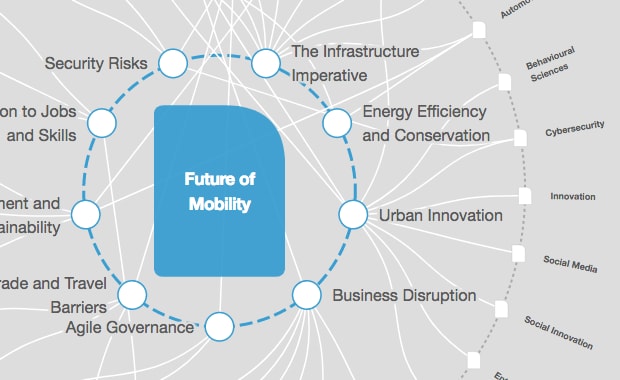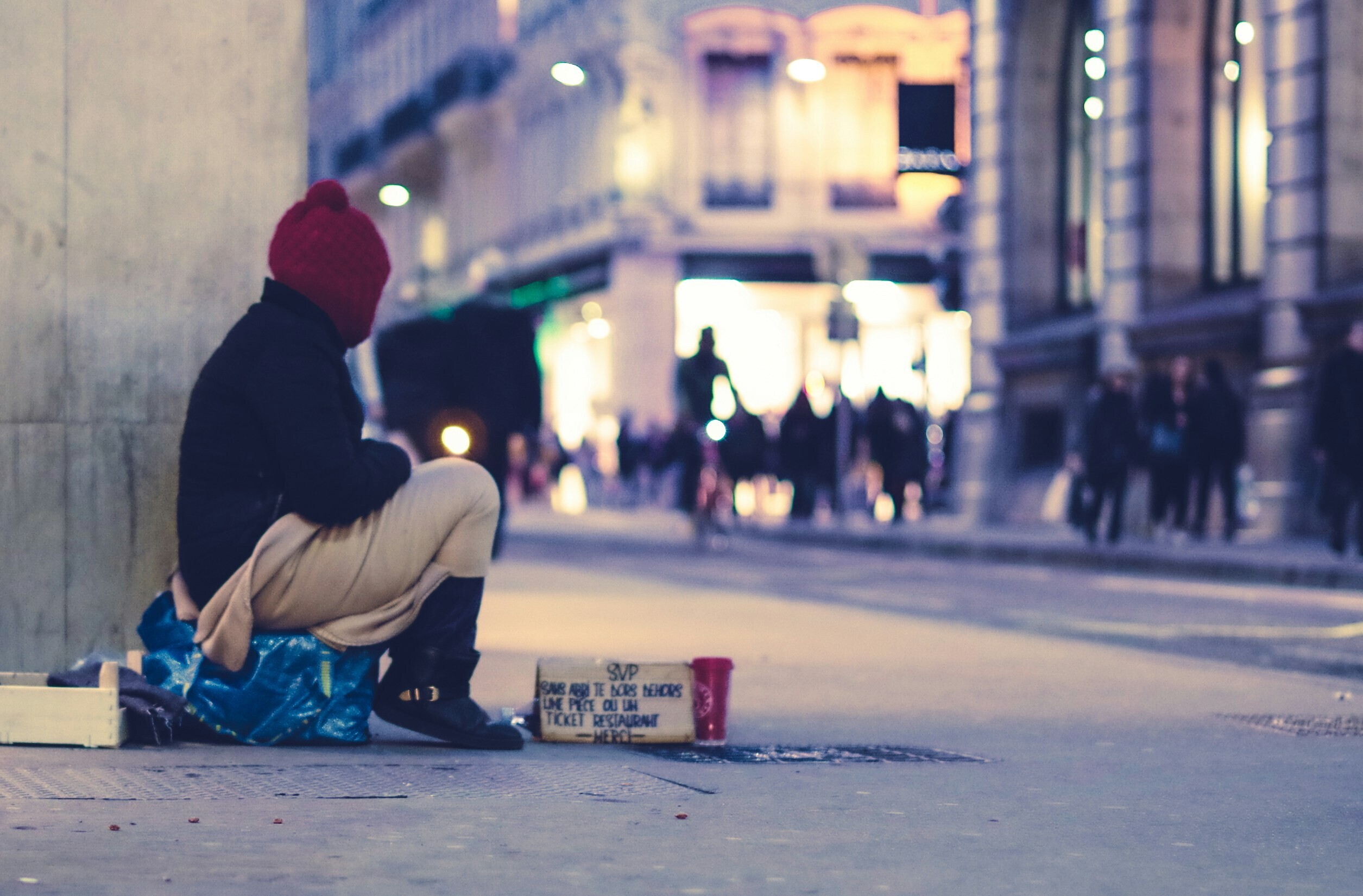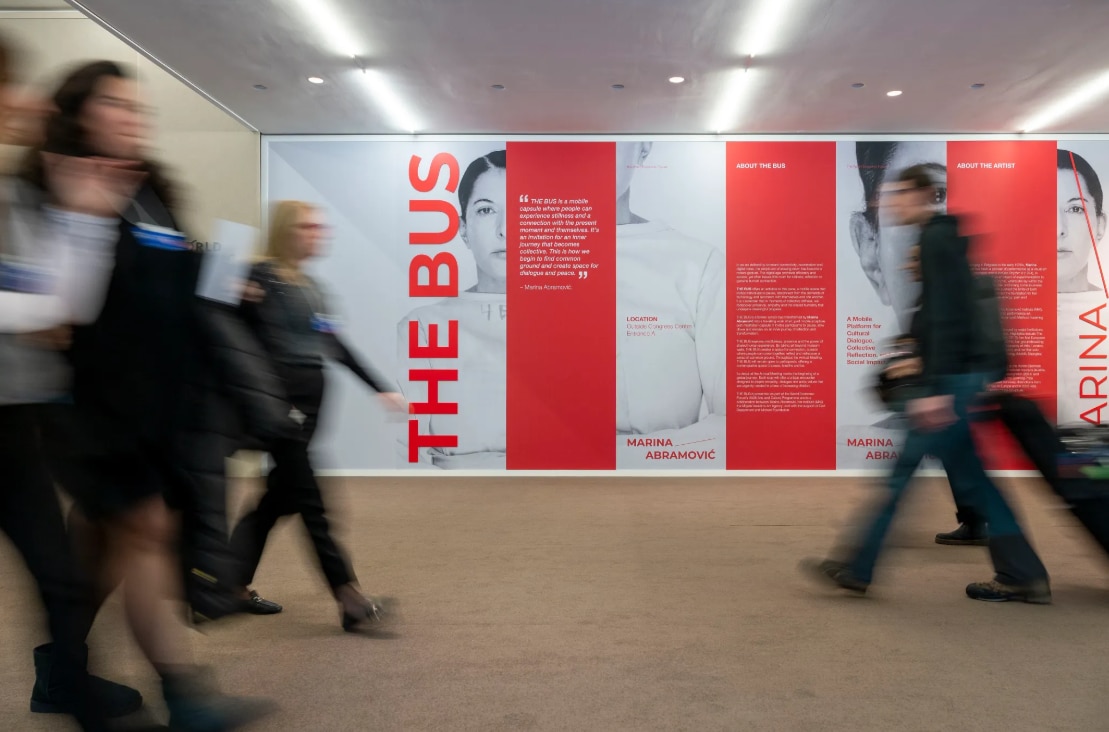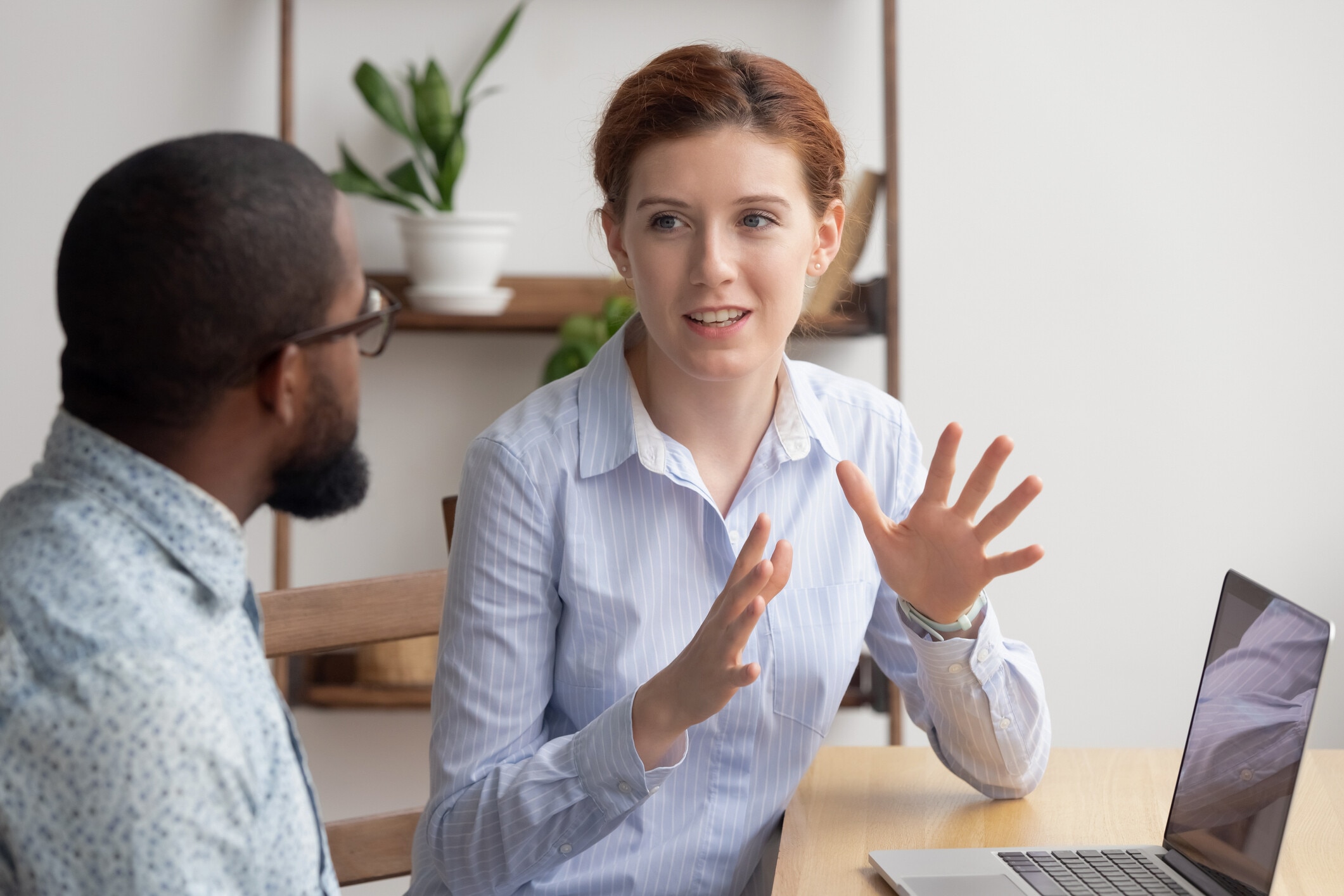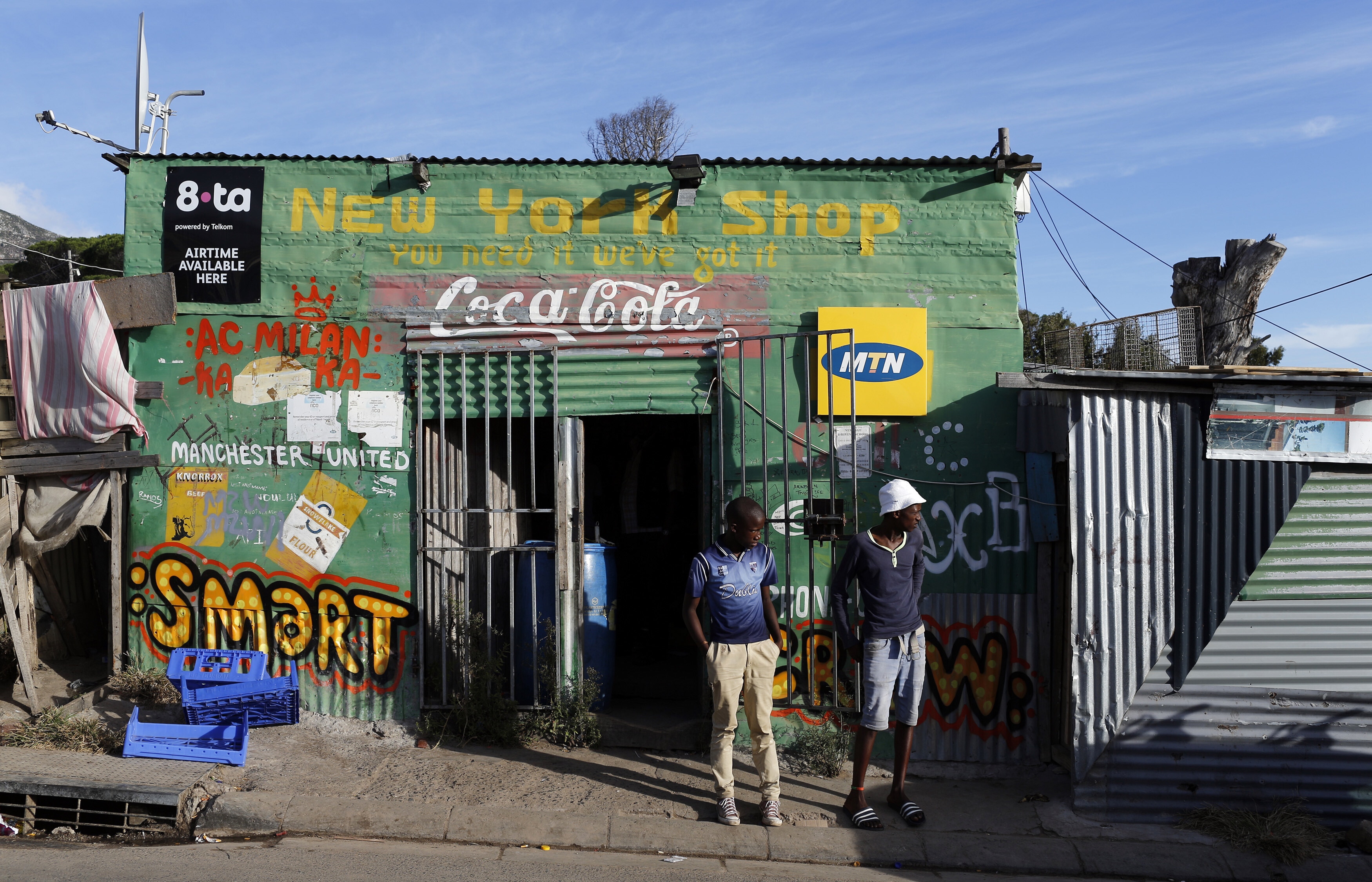How courage and resilience took this Afghan cyclist to the Olympics

Many of us take cycling for granted, but Olympic cyclist Masomah Ali Zada had to fight for her right to do so in Afghanistan. Image: Flickr/IOC MEDIA
- Many of us take cycling for granted, but Olympic cyclist Masomah Ali Zada had to fight for her right to do so in Afghanistan.
- Facing increasing difficulties in her home country, Ali Zada sought asylum in France, eventually competing in the Tokyo Olympics as a member of the Refugee Olympic Team.
- A speaker at the World Economic Forum Annual Meeting 2025 in Davos, she also revealed her traumatic experiences as a female cyclist in Afghanistan.
Many of us get on a bike when we feel like it, regardless of age or gender. But Masomah Ali Zada, Olympic cyclist and Chef de Mission for the Refugee Olympic Team at Paris 2024, had to fight for her right to cycle when growing up in Afghanistan.
She had learned to cycle while in exile in Iran, where it was completely normal for women to take to their bikes, despite religious restrictions.
“When I returned to Afghanistan, I saw that women’s rights there were far more restricted than in Iran,” she told the World Economic Forum during Davos 2025, where she also participated in a panel on “Refugees and Their Olympian Spirit”.
Normalizing cycling as a mission
“Unfortunately, for women in Afghanistan at that time, cycling was practically forbidden, even taboo. It wasn’t banned by the government, but because of the past experience – when the Taliban took control of Afghanistan in 1995 and banned everything for women – some people had internalized these strict rules against women,” Ali Zada told the Forum.
Believing in the power of sports, Ali Zada put all her energy into building a career in competitive road cycling, with taking part in the Olympics as her ultimate goal. What is more, she believed that by setting an example, she could also help normalize the sport for women in Afghanistan. She thought that if people saw women on bikes regularly, they would eventually come to accept it.
The only things that kept me going was hope, courage and resilience.
—Masomah Ali Zada, Olympic cyclist.
”However, with many people against the concept of women on bikes, Ali Zada and her fellow women athletes faced an uphill struggle.
“Every time we trained, we had to go to isolated areas where there weren’t many people. Even then, we were often harassed – people would insult us, throw things at us and even try to physically attack us.
“I personally experienced being hit, and all the female cyclists who trained had similar experiences,” she said.
Pursuing the Olympic dream
Ali Zada added that she was willing to make those sacrifices hoping that one day, women on bikes would become a normal sight on Afghan roads. Yet, the pressures she experienced led to her seeking asylum in France in 2017.
“In Afghanistan, women are constantly told they’re not capable, that they don’t have the right to dream. I had a very limited mindset and had to fight against that mentality every day. But when I came to France, I saw many French women who were athletes, active in various fields and successful. I told myself, ‘If they can succeed, so can I’,” she said.
Since then, Ali Zada has competed in the Tokyo 2020 Olympic Games as part of the IOC Refugee Olympic Team and led the team as Chef de Mission at the Paris 2024 Games.
Boosting self-confidence beyond sport
Taking part in the Tokyo Olympics also boosted her self-confidence in other ways.
“I had so many obstacles in my way. But the only things that kept me going was hope, courage and resilience,” Ali Zada told the Forum.
“Participating in the Olympics made me realize that anything is possible. For example, I chose to study civil engineering. Yet, when I started studying in France, I faced language barriers – I didn’t speak enough French – and found that the education system in France is completely different from Afghanistan’s.
“But when I competed in the Olympics, I thought, ‘If I made it to the Olympics, I can also complete my master's degree in civil engineering’. And I did – I finished my studies this summer!” she stated.
Don't miss any update on this topic
Create a free account and access your personalized content collection with our latest publications and analyses.
License and Republishing
World Economic Forum articles may be republished in accordance with the Creative Commons Attribution-NonCommercial-NoDerivatives 4.0 International Public License, and in accordance with our Terms of Use.
The views expressed in this article are those of the author alone and not the World Economic Forum.
Stay up to date:
Afghanistan
Forum Stories newsletter
Bringing you weekly curated insights and analysis on the global issues that matter.
More on Equity, Diversity and InclusionSee all
Martin Jacob
February 17, 2026


